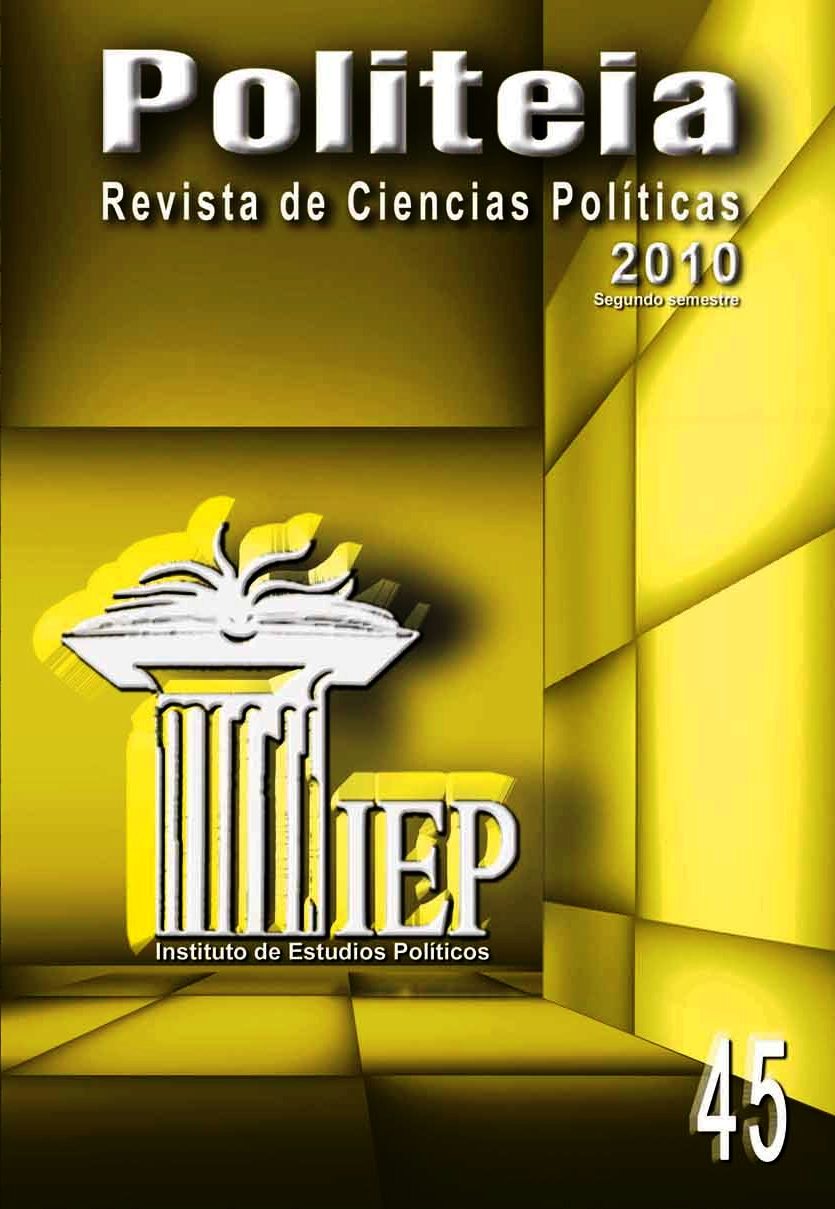Mito fundacional y héroes nacionales en libros de texto de primaria venezolanos
Palabras clave:
Libros de texto, Representaciones sociales, Mitos fundacionales, Textbooks, Social representations, Foundational myths.Resumen
El presente artículo muestra resultados preliminares de una investigación sobre representaciones sociales en diez libros de texto, de quinto y sexto grados de primaria. Aborda la representación del mito fundacional y próceres nacionales –tema tratado enlas obras de quinto grado, específicamente–, bajo la perspectiva metodológica del análisis crítico de discurso (ACD). Un supuesto teórico es que la escuela transmite patrones ideológicos y, en este sentido, los libros de texto comunican parte de tales patrones. Se asume también que el discurso –oral y escrito– es una forma de acción social cargada ideológicamente. Se concluye que la representación del mito fundacional venezolano se asienta en el período de la Guerra de Independencia (1810-1830), el cual se convierte así en el evento central de la historia patria y es fuertemente valorado discursivamente. Por otra parte, se registra una mitigación de otros períodos históricos, en particular la época colonial. En términos discursivos, el héroe por excelencia es Simón Bolívar, cuyos ideales políticos constituyen las bases de la nacionalidad venezolana.
A foundational myth and national heroes in Venezuelan elementary school textbooks
Abstract
This paper shows partial findings of a piece of research about social representations in Venezuelan elementary school textbooks of fifth and sixthgrades. The paper analyzes the representations of a Venezuelan foundational myth and Venezuelan national heroes, a topic tackled specifically in works offifth grade. Methodologically, we used the approachof critical discourse analysis (CDA). The theoretical assumption in this research is that school conveys ideological patterns, and textbooks also transmit those patterns. Another theoretical assumption is that both written and discourse is a social actionwith ideological connotations. We conclude that the representation of this foundational myth is chronologically settled at the time of the War of Independence (“Guerra de Independencia”), between 1810 and 1830. So, the War of Independence becomes the main event of Venezuela’s nationalhistory and, as a consequence, it is highly valued in the discourse of the textbooks. On the other hand, a mitigation of other historical periods has been registered, particularly those related to the colonial period. Considering the national heroes, we found that the hero par excellence is Simón Bolívar, whose political thought is represented discursively as the back bone of Venezuelan identity.

